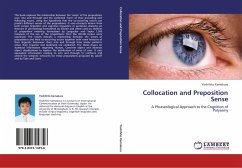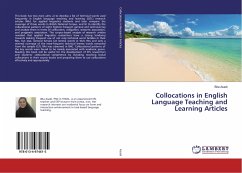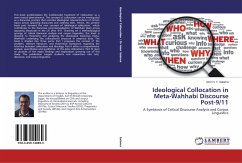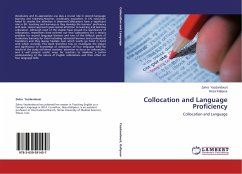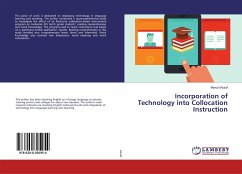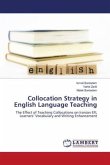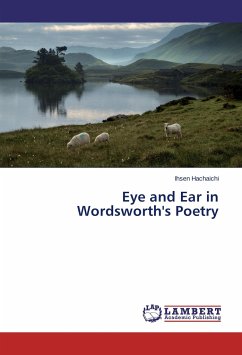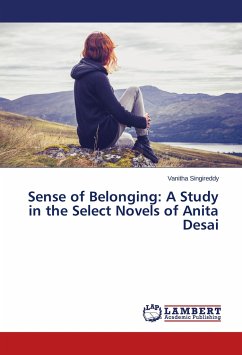This book explores the relationship between the sense of the prepositions over, into and through and the combined form of their preceding and following nouns, using the hypothesis that the co-occurring nouns can predict different senses of the prepositions. It uses concepts drawn from both corpus linguistics and cognitive linguistics, in particular drawing on theories of phraseology formulated by Sinclair and others and on theories of preposition meaning formulated by Langacker and Taylor. 1,366 instances of the use of the prepositions from the ICE-GB corpus were examined. The results indicate a relationship between the senses of prepositions and their co-occurring nouns together with some features of their linguistic behaviour. Over, into and through have similar patterns when their trajector and landmark are combined. The thesis draws on statistical information regarding Human, Concrete object and Abstract object classifications to explore the distribution of sense of over. It uses equivalent information relating to into and through to reinforce and amend the semantic networks for these prepositions proposed by Lakoff and by Tyler and Evans.
Bitte wählen Sie Ihr Anliegen aus.
Rechnungen
Retourenschein anfordern
Bestellstatus
Storno

